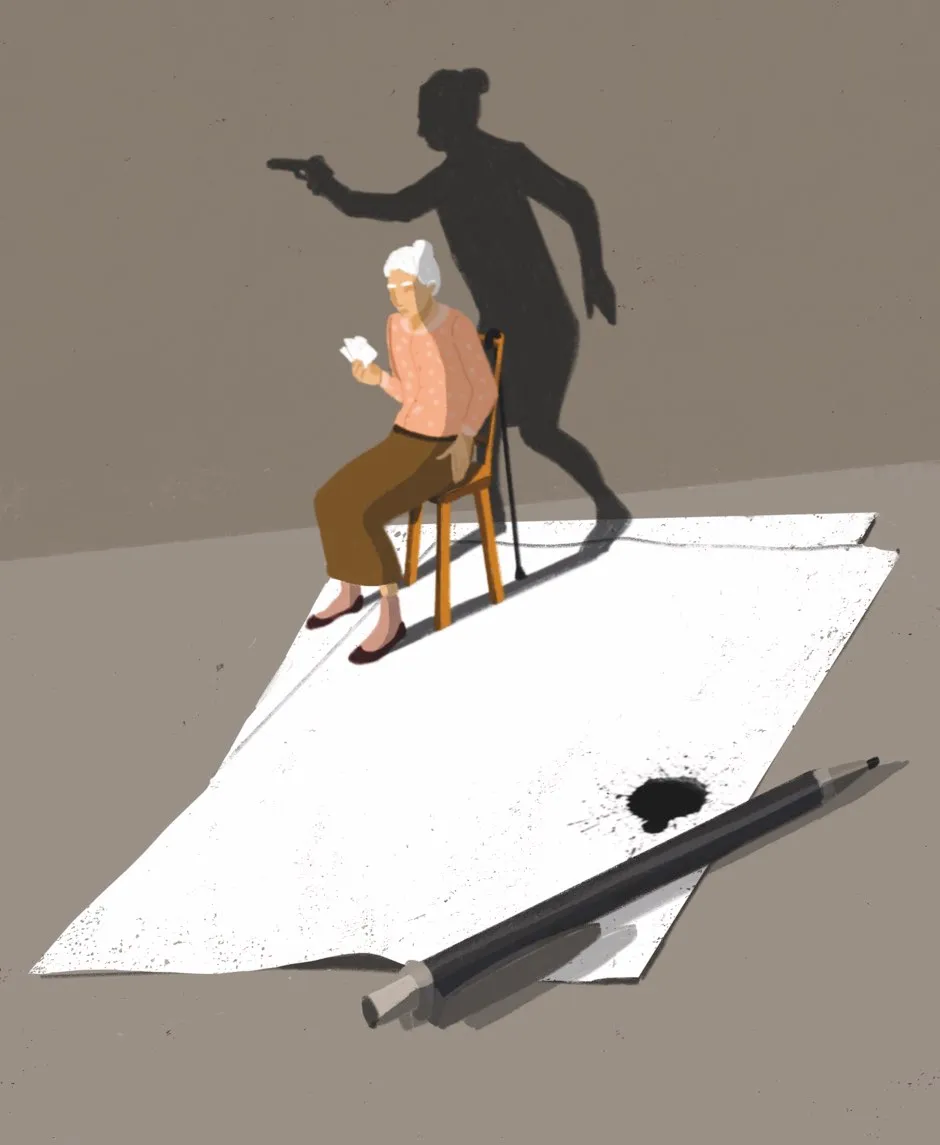There’s a story I have been trying to write since 1994. And yet, I find myself unable to tell it. I think it’s because it’s not my story. It’s because I feel a huge weight of responsibility to tell it right.
The elevator pitch is this: my grandmother and her octogenarian friends meet every six weeks at someone’s house in Orange County, California, to celebrate one of their birthdays. They drink wine, exchange cards with dirty jokes on them and boast about their grandchildren. But in the 60 years they’ve known one another, they’ve never talked about the one thing that unites them: as teenagers, they were all spies for the Allies in their native Poland during WWII.
Compelling, right? I bet a few of you would love to read it. So would I. Problem is, I’m the one repackaging it, rearranging it, filling in the blanks and creating a compelling narrative.

Their story is intended for a general audience, and so it doesn’t have to be accurate; my job is to tell a great yarn. We are all getting good at this. More than any other point in history, we are publishing stories about other people. Generally, they’re not as formal as the one I’m trying to compel out of my fingers – most are observations about life in 280 characters, or photo essays of our kids that started before their bodies were fully formed.
We create side characters in our Twitter feeds, and guest stars on our Facebook profiles. We have taken away people’s agency to tell their own stories, and represent their own lives. This is mostly as it always has been. Cognitively, it’s impossible to stay sane while empathising with everyone around us.
As storytellers, the only thing that’ll stop us from filling in the blanks about people’s lives is the invention of a mind-reading machine. And given the amount of nonsense most of us think about, we’ll probably regret it. But here’s the difference: whereas in the past our tales about others might reach a small circle of people, now with printing presses in our pockets we could reach an unimaginably huge audience. That could spell bad news for the people we’ve caricatured.
Read more by Aleks Krotoski:
- Why don't we care about our data privacy?
- World Of Warcraft and similar online games can offer a lifeline to disabled people
- How tech has transformed the creative process
Your neighbour might have been wearing his Incredible Hulk pyjamas when you popped round at 8pm because his more sophisticated pair were in the wash. Still, he’s now the goofy, geeky neighbour. Maybe the fabricated details of the story you live tweeted about the people sitting in front of you on the aeroplane ‘falling in love’ ended up getting one of them into serious trouble with an actual partner on the ground. Who knows? We don’t.
It’s our responsibility to use our innate storytelling ability wisely and sensitively. Sure, it might paralyse the spinning of a good yarn, but I’d rather be careful about the details than end up creating irrevocable rifts. We don’t just have to be careful about what we say about ourselves any more, but what we say about one another too.
Follow Science Focus onTwitter,Facebook, Instagramand Flipboard


